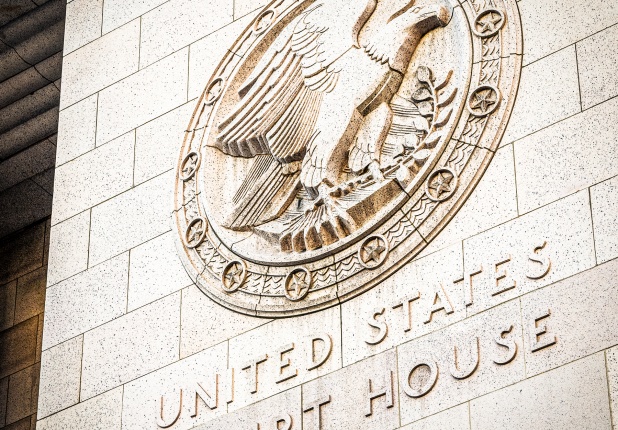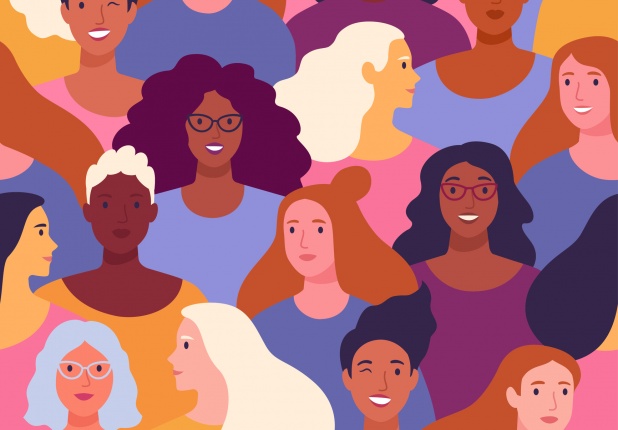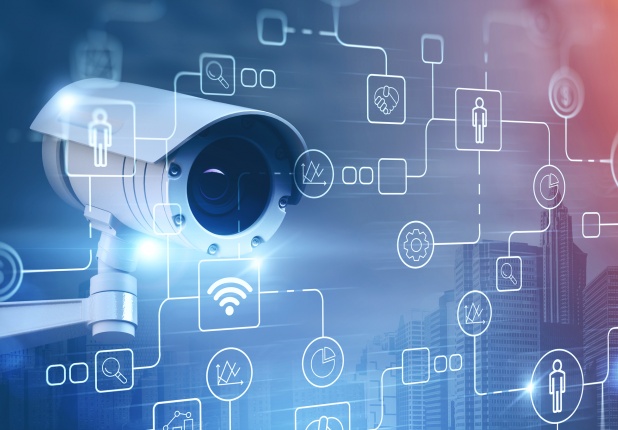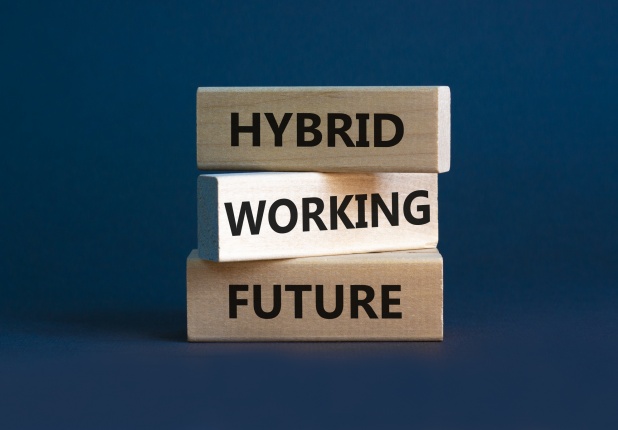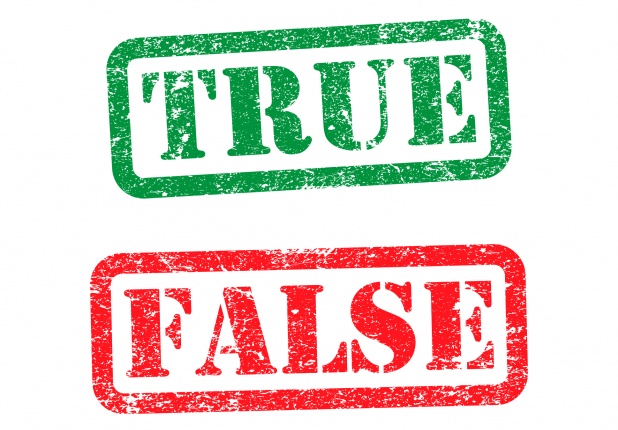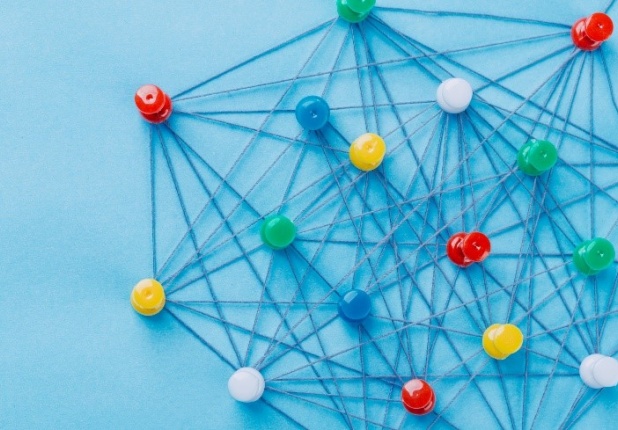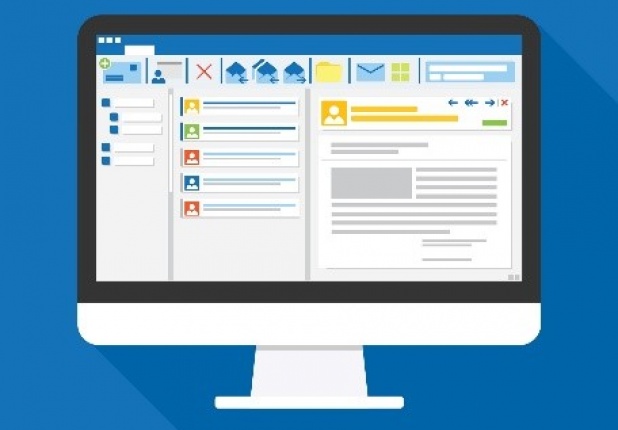Practical A.I. – Useful A.I.-Driven Tools for Lawyers Before the Robots Take Us
Artificial intelligence chatter on the internet seems to be everywhere in the new year. In January, a startup announced that an artificial intelligence-powered “robot lawyer” would represent its first defendant in court over a traffic ticket this February in California. The plan, seemingly unguided by human lawyers, came to an abrupt halt in the wake of threats from multiple state bars. But no need to plan a career change just yet – the startup announced last week it was shifting its focus from legal services to consumer rights. Until A.I. replaces us outright, the following are some interesting ways A.I. is making waves in the legal profession.

